Working alongside their male counterparts as a way of life
AT 66 years old, Grace Khan is still farming beside her husband, Roshan Khan, 70, and their son, in Big Biaboo Village.
This family is one of the farmers that plants only bora which is of high quality and they do it on a large scale.
Khan is a retired teacher and has spent most of her life in the village, but after marriage she relocated to Bushlot, West Coast Berbice, but returned after a few months to her home village of Big Biaboo.
She started teaching when her differently-abled daughter was just six years old and spent 12 years in the noble teaching profession at the nursery school level before she retired.
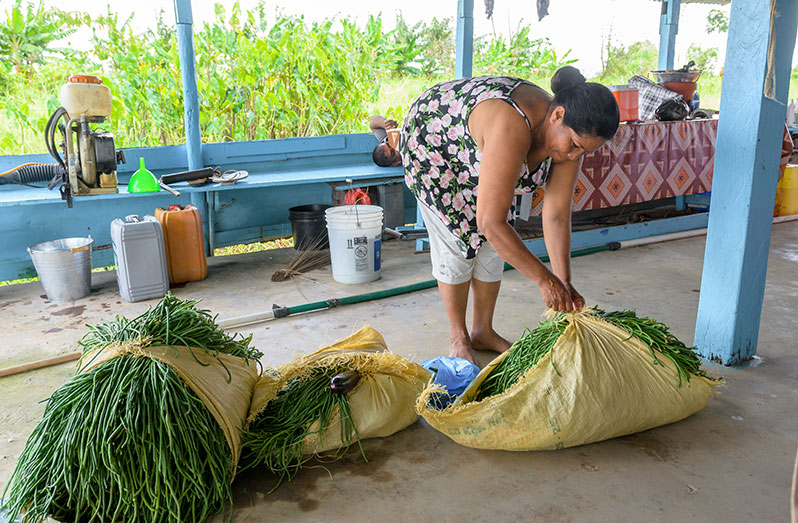
The pensioner stated that her advice to teachers of today is to spend some time with slow learners because every child matters.
Khan’s daughter reportedly developed a brain complication after birth, due to a lack of oxygen to the brain and has been dependent on them since.
“Life is completely different now than before when we did not have internet, cellphones, an all-weather road and potable water services,” she said.
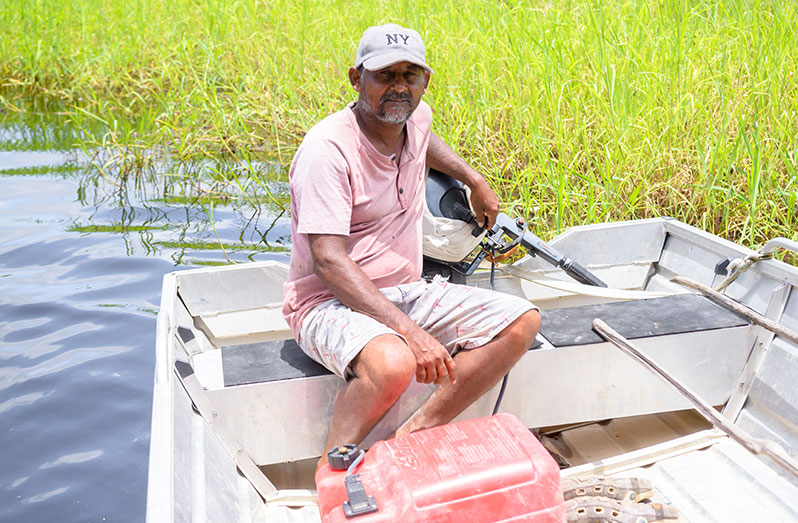
Khan stated that growing up as a child in Big Biaboo Village was a lot of fun even though life wasn’t so developed as nowadays. Back then, walking in the mud to and from school was considered normal.
She related that in her childhood days, there were a lot more children in the village than now. There are just about 50 and they all played together and swam in the canals and enjoyed their younger days.
Khan added that she has seen a lot of developments from then to now and it has improved their lives significantly.
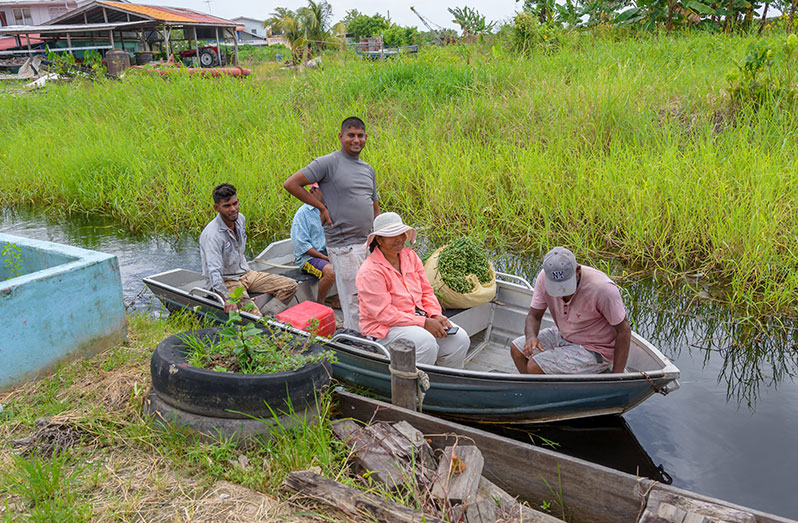
“Since I gave my life to Christ, my life is better and I am here trying to be strong for my family, even though there are some difficulties,” she said.
Khan noted that before they benefitted from an all-weather road, they had to use a boat to seek medical attention and access other parts of the country.
Khan would like all schoolchildren to get assistance to and from school, because it is quite costly to travel since there is no public transportation via minibus, only taxis, which adds up to $2000 per day per child.
Drupattie Tillack, the farmer
Meanwhile, in the same village is the home of Drupattie Tillack, a homemaker and farmer, who has double roles in the home and would journey to their farm and work alongside her husband, sons and a farmhand.
The mother five told the Pepperpot Magazine that they plant rice, bora, plantains and bananas and some other cash crops.
Collectively, they have 30 acres of privately owned farmland, of which five acres are utilised for bora, boulanger, peppers, corilla and tomatoes.
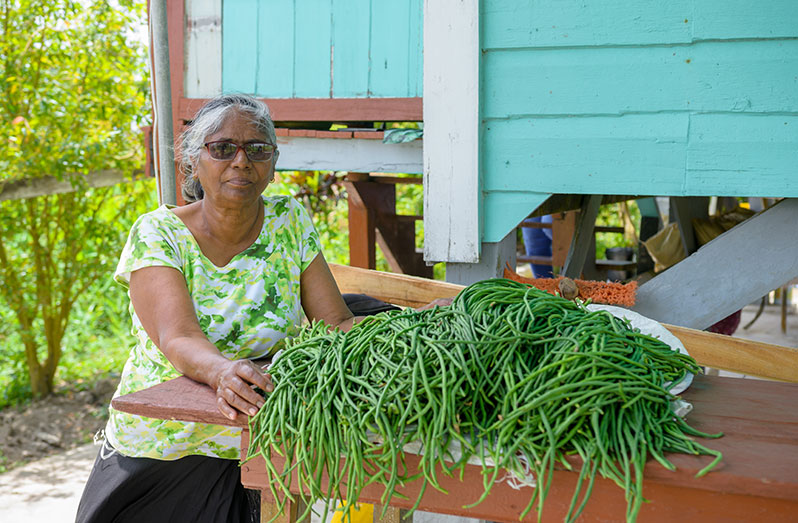
The remaining land is used for rice cultivation, which is managed by two sons, who also reside in the village.
Tillack and her husband, Muldeo, would journey to the Plaisance Market on Sundays to sell their produce. Despite some challenges, they hope they will make a profit.
With the rising prices of drugs, fertilisers and fuel, it is difficult to gain a profit, and when they sell to wholesale buyers, it is not viable.
That day when the team visited, Tillack reported that they had left their home early in their boat for the farm and had returned home just before lunch.
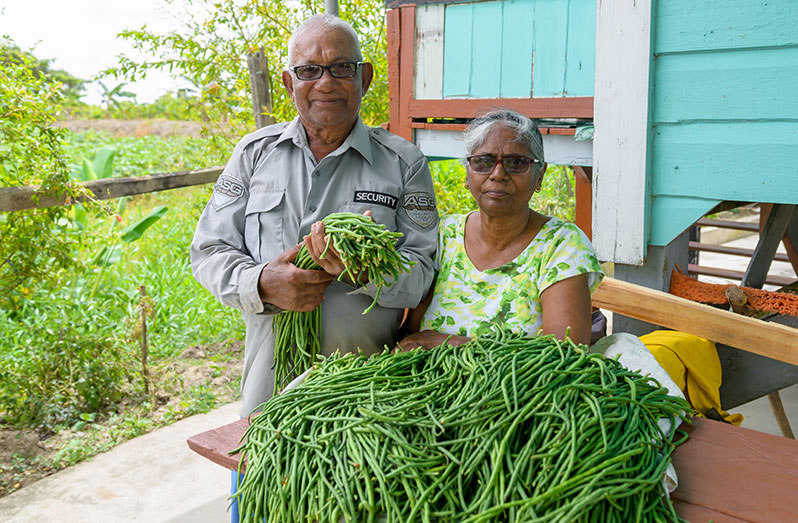
She got up early that morning like the rest of the days and had prepared breakfast for the family before going off to the farm as a group to tend to crops.
Tillack did not have the time to relax, since she had to prepare lunch and dinner for that family and also had household chores.
“As a woman and as a farmer, it is not easy having to cook, clean and then go to the farm, but it is our living and way of life as simple, grassroots people, we have to work hard to earn. It doesn’t end there. We have to go to sell our produce too. So, as a farmer, it is a tall task and it is a lot of responsibilities, living here,” she said.


.jpg)











